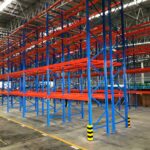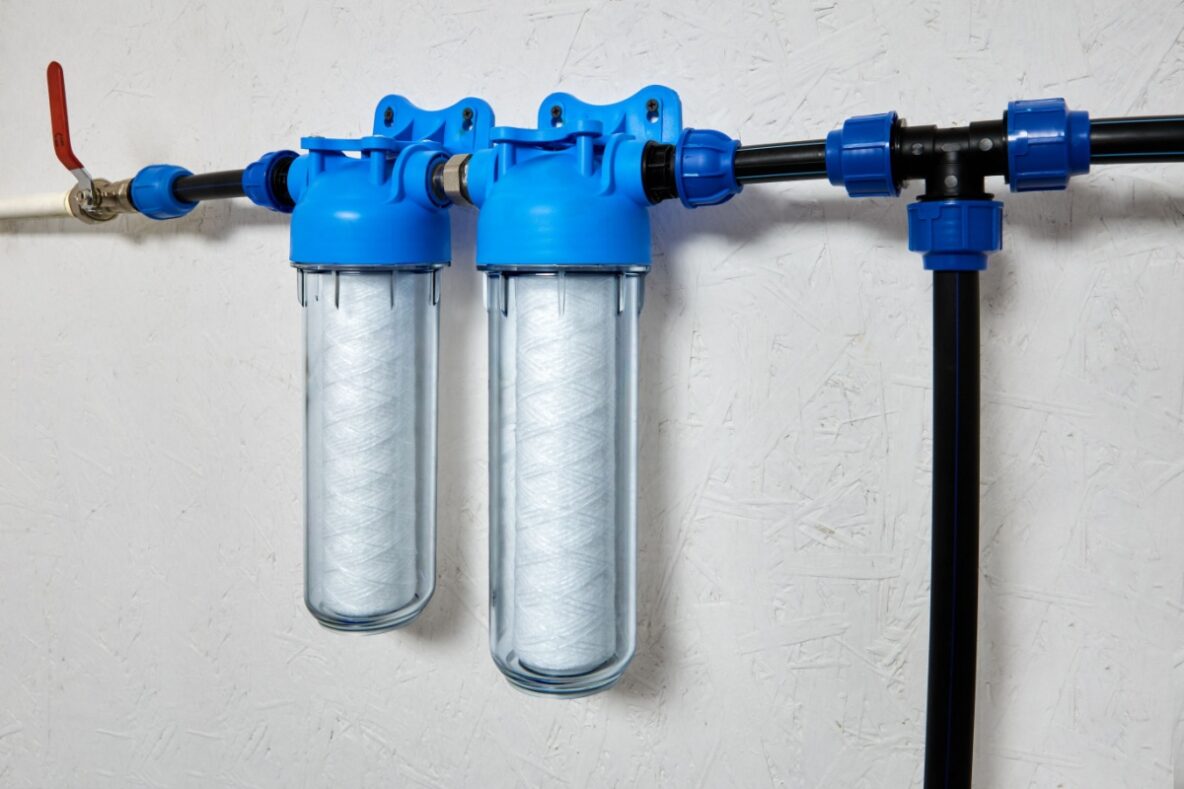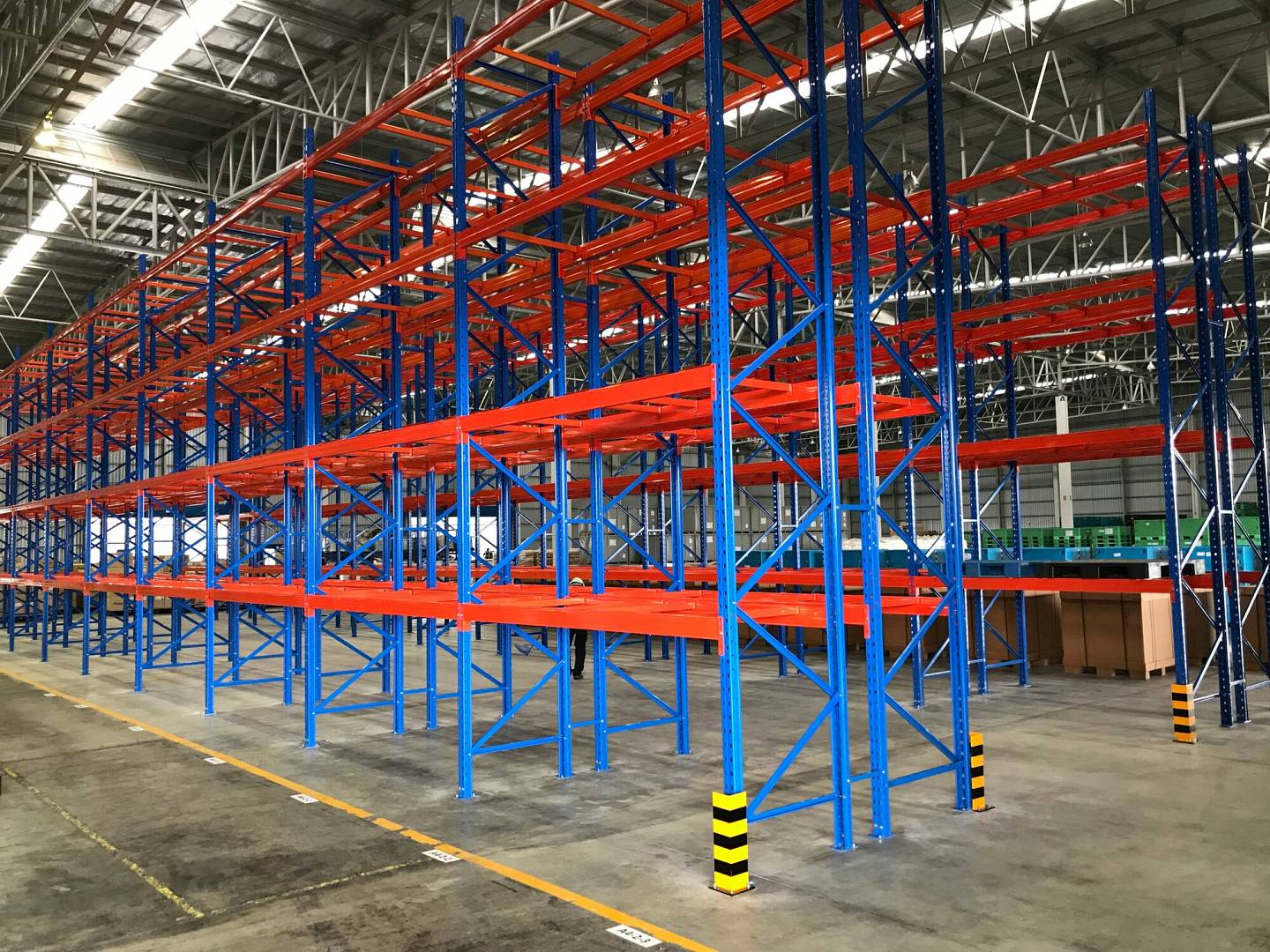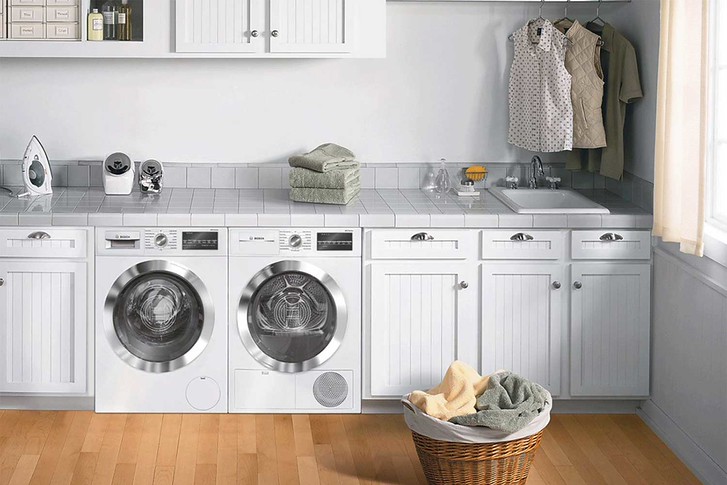Clean, safe water is one of the most important necessities in any home, and with increasing concerns about contaminants in municipal and well water, many homeowners are exploring solutions that offer better protection. Among the available options, whole house water filter systems—sometimes referred to as a whole-house filtration system—are growing in popularity. But are they truly worth the investment? The answer depends on your water quality, health needs, household size, and long-term budget. This article breaks down the benefits, drawbacks, costs, and key considerations to help you make an informed decision.
What a Whole House Water Filter System Does
A whole house filter treats water at the point it enters your home, ensuring every tap, shower, and appliance receives purified water. These systems can target a variety of contaminants, depending on the technology used. Common filtration methods include:
- Sediment filtration to remove sand, silt, and rust.
- Activated carbon filtration to reduce chlorine, volatile organic compounds (VOCs), pesticides, and unpleasant tastes or odors.
- Water softening (ion exchange) to address hard water issues.
- UV filtration to kill bacteria and viruses.
- Reverse osmosis (whole-house RO) for advanced contaminant removal.
Because the filtration happens before water travels through your plumbing, it not only improves water quality but also protects your pipes and appliances.
Benefits of Whole House Water Filter Systems
1. Cleaner, Safer Water From Every Tap
One of the biggest advantages is convenience. You don’t need separate filters for the kitchen, shower, or laundry room—every water source benefits automatically. This is particularly important if your home has contaminants like chlorine, chloramine, iron, or sediment, which affect multiple water pathways.
2. Healthier Bathing and Showering
Many people focus only on drinking water quality, but chemicals like chlorine can be absorbed through the skin and inhaled in steam. Whole house systems filter out chlorine before it reaches your bathroom, which can be beneficial for people with sensitive skin, allergies, or respiratory issues.
3. Better Tasting and Better Smelling Water
Unpleasant tastes and odors often originate from chlorine, sulfur, or organic material in the water. Filtering these out not only makes your drinking water more enjoyable but can also improve the taste of cooked foods and beverages like coffee and tea.
4. Longer-Lasting Appliances
Water heaters, washing machines, dishwashers, and ice makers are all vulnerable to scale buildup, sediment, and corrosion. By treating water before it reaches these appliances, a whole house filter helps reduce wear and tear, extend lifespans, and improve efficiency.
5. Cleaner Plumbing System
Mineral deposits and sediment can clog pipes over time. A whole house system reduces the burden on your plumbing, potentially lowering maintenance costs and preventing expensive leaks or pipe replacements.
6. Reduced Need for Bottled Water
Once homeowners trust their tap water, many stop purchasing bottled water—a win for the wallet and the environment.
Potential Downsides to Consider
1. Higher Upfront Cost
Whole house filtration systems can cost between $1,000 and $5,000, depending on complexity and installation requirements. Whole-house reverse osmosis and UV systems can push the price even higher.
2. Maintenance Requirements
Filter cartridges and media require regular replacement. Some systems need annual servicing; others require attention every 3–6 months. Maintenance costs can range from $100 to $500 per year, depending on the type of system.
3. Over-filtration Can Occur
Not all contaminants require heavy-duty filtration. For example, if your water quality is already good, investing in a complex RO system may provide limited added benefit. It’s important to match the system to your water’s specific issues.
4. Flow Rate Reduction
Poorly sized or improperly installed systems may reduce water pressure, especially in larger homes with multiple bathrooms running simultaneously.
5. Whole-House RO Wastewater
Reverse osmosis systems produce wastewater during operation, making them less environmentally friendly and more expensive to run unless optimized for efficiency.
Are They Worth It for Municipal Water Users?
If you’re on city water, you already receive treated water that generally meets federal safety standards. However, many municipal systems rely heavily on chlorine or chloramine, and trace contaminants—such as microplastics, pharmaceuticals, and disinfection by-products—may still be present.
A whole house system is often worth it for municipal water users if:
- You dislike the taste or smell of chlorine.
- Your home suffers from scale buildup due to moderately hard water.
- You have sensitive skin or allergies.
- You want comprehensive protection without using multiple smaller filters.
A simple carbon-based whole house system may be all you need—these are affordable, low-maintenance, and highly effective for typical city water concerns.
Are They Worth It for Well Water Users?
For homes relying on private wells, whole house water filtration can be extremely valuable. Well water can contain:
- Bacteria and viruses
- Iron, manganese, and sulfur
- Sediment and debris
- Hard water minerals
- Agricultural runoff
- Heavy metals
Unlike city water, well water receives no municipal treatment, so the burden of purification falls entirely on the homeowner. A whole house system—often combined with UV treatment or water softening—is usually the most efficient way to make well water safe and usable throughout the home.
For well owners, whole house systems are not just worth it—they are often essential.
When a Whole House Filter Is Not Necessary
A whole house system may be unnecessary if:
- Your water quality report shows minimal contaminants.
- You live in an apartment or rental home where installation isn’t possible.
- You only want filtration for drinking water—in which case a high-quality under-sink or countertop filter may be cheaper and sufficient.
The Bottom Line: Are Whole House Water Filters Worth It?
Whole house water filtration systems are a worthwhile investment for many homeowners, particularly those with hard water, well water, or concerns about contaminants affecting their entire plumbing system. They offer comprehensive protection, convenience, and long-term savings on appliances and maintenance.
However, they are not a one-size-fits-all solution. The key is to test your water first and choose a system tailored to your specific needs. When properly selected and maintained, a whole house filter system delivers exceptional value, making your home’s water safer, cleaner, and more enjoyable for years to come.











